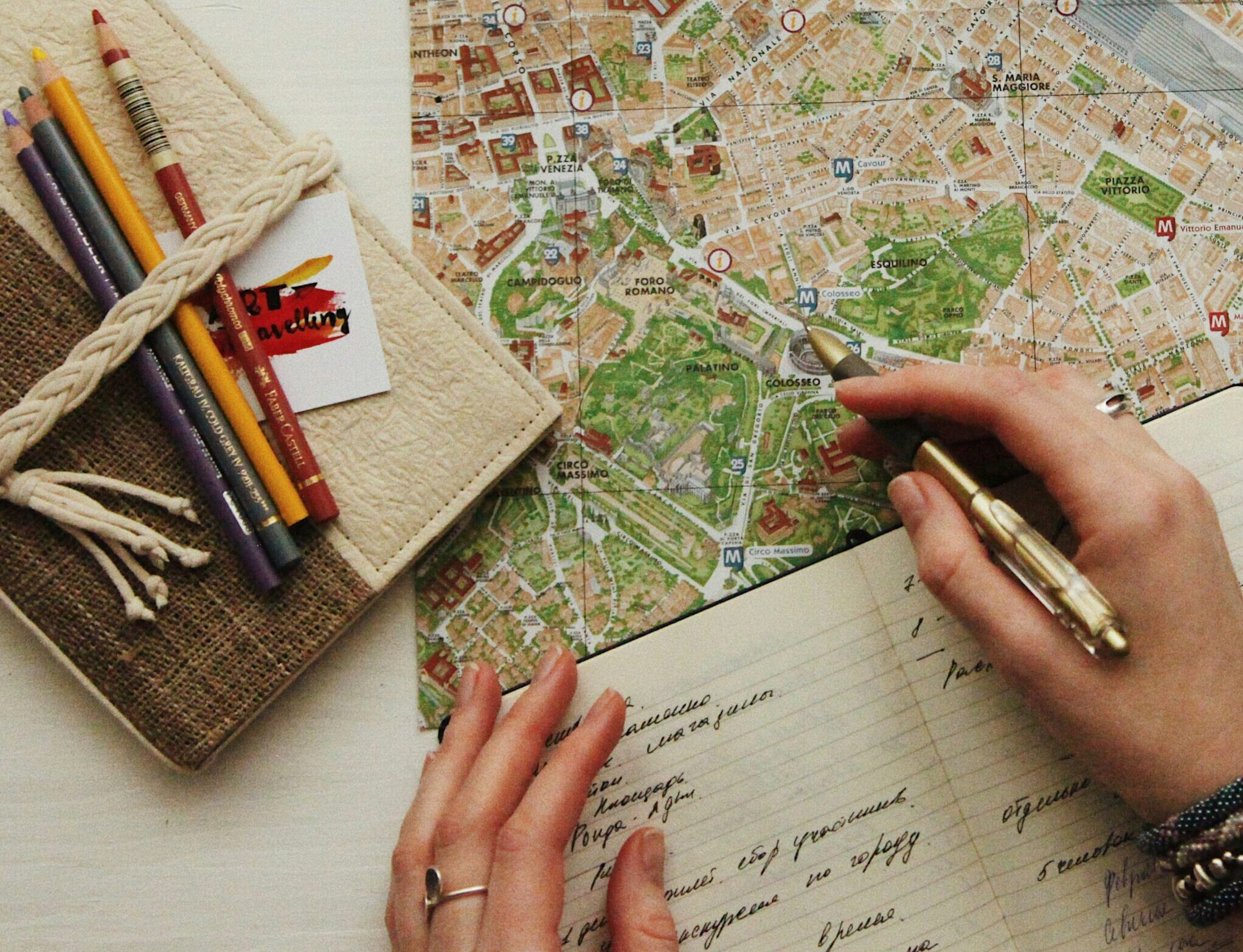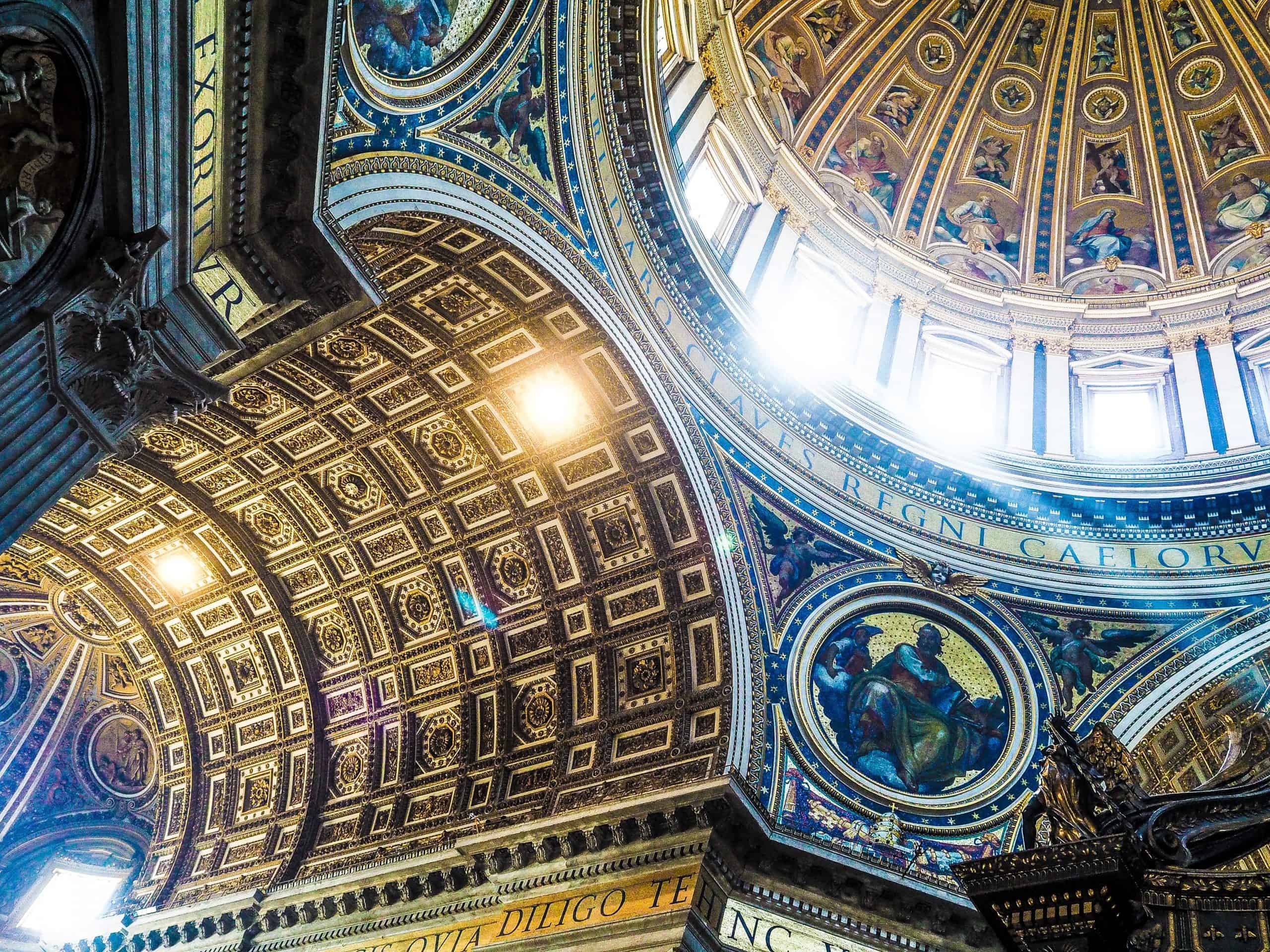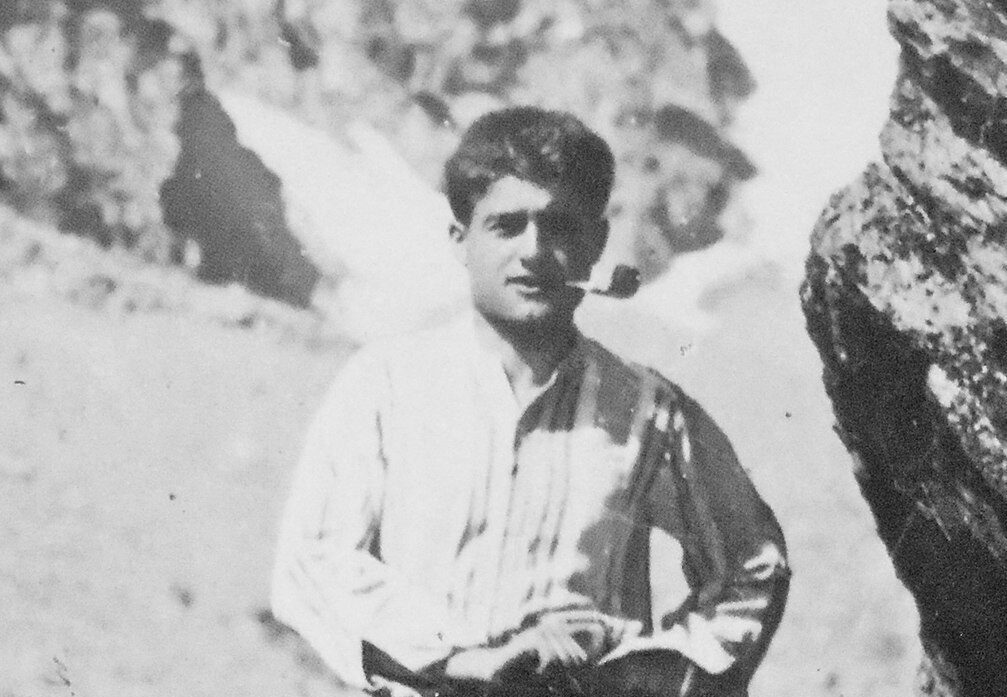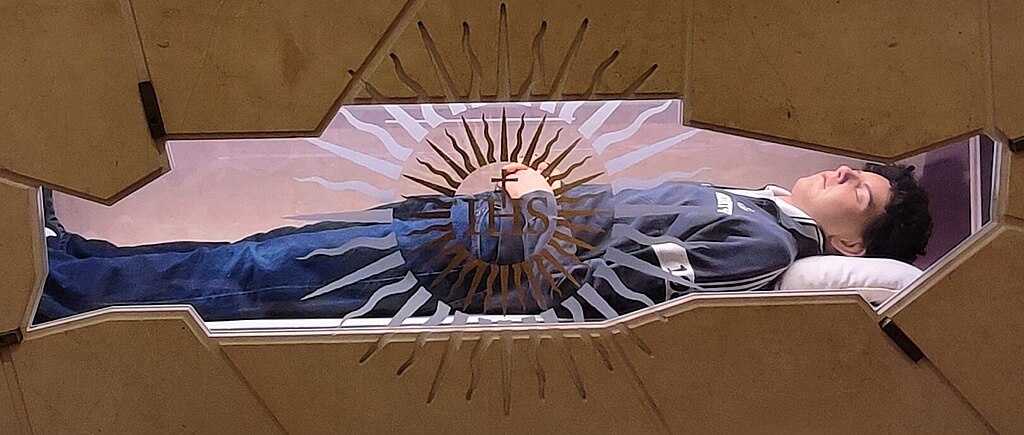Diversity, and the opportunity for unity, is everywhere on pilgrimages. With a pilgrim’s mindset, you can open yourself up and encounter life-changing perspectives. Read on to discover how it happens, as we make some stops along the way at some of our favorite pilgrimage destinations.
In Every Local Life, A World
The very first step in being a true pilgrim is about connecting with the people along the way, not just the places.
A pilgrim takes the time to learn about the people they meet — their lives, perspectives, traditions, and their ups and downs. They learn to truly connect with the local people they meet, whether it’s a bus driver, guide, or local vendor. Travelers may appreciate the service staff, a pilgrim engages and encounters them. Where there’s more time to get to know someone of another place and culture, the pilgrim leans in to hear their story.
Amid those diverse stories, you’ll come to appreciate the deep humanity that connects us all. And those relationships will inform your entire trip. They will color how you see those pilgrimage sites and how you engage with unique places you visit while you’re there.
 Conversations on the Camino
Conversations on the Camino
The Camino de Santiago is one of the most-visited pilgrimage sites in the world. And for good reason. Walking each day through the Spanish countryside, stopping at small towns to taste the local fare, and taking in the fresh air make it worth anyone’s while.
One of the stories most told by returning pilgrims is of meeting new people from all over the world. With time to spare (the Camino hiking route is about 500 miles, though many opt to do the final 62 miles) there’s ample opportunity for getting to know the travelers who cross your path. And it seems that conversation on the Camino is more free-flowing. There’s something about the common goal of being on this gorgeous, spiritual path that brings people together.
Adopting a Pilgrim’s Mindset
The pilgrim’s mindset is one of curiosity, rather than consumption. Pilgrims seek encounters with people and places that expand their perspective, rather than simply confirm it. It’s this expansiveness which allows people of all backgrounds to make room for others.
After all, pilgrimage has always been about personal growth and going on a spiritual journey. For centuries, pilgrims have gone outside their hometown and their comfort zone to seek God in far away places. Of course, God is not just in sacred sites and holy artifacts. He lives within all of us. And to seek God elsewhere is to see God through the people he inhabits, however different they are from us.
So how can you cultivate this mindset whether at home or while traveling? Ask yourself these questions:
- How can I understand more fully the significance of this [event, place, food]?
- If I have a negative reaction, why is that? Is it bad or just different?
- What might this [experience, food, site] be like from someone else’s perspective, such as the people of this country or city?
- What does my faith teach me about this moment?
- If I open up my heart and mind to this experience, what could I gain from it?
The more you have a spirit of curiosity and willingness to enter into new experiences, the more you’ll find yourself connecting with the people around you.
 A Convergence of Faiths in the Holy Land
A Convergence of Faiths in the Holy Land
There are few places in the world like the Holy Land. It’s the place of extraordinary history, culture, and a spiritual home to the world’s great religions.
Though you may be visiting as a Catholic, you’ll be interacting with people and places of many faiths. To visit the Western Wall, for example, is to visit one of the most sacred Jewish sites. And on the other side of the wall is the Dome of the Rock — an Islamic shrine of paramount importance, which sits on the location of the Temple Mount, of great significance to Judaism and Christianity as well. On Friday afternoons there will be a rush of activity as Jewish people prepare for the Sabbath, and a sudden quiet as it begins just before sundown. Faith is built into the very fabric of daily life here, and to get an in-person glimpse is to expand your horizons.
The best way to pilgrimage is to invite the conversations about the history and practices of these different faiths and challenge your assumptions. There’s perhaps no better place to seek a new perspective on these things than in the Holy Land itself.
Shared Experiences
A pilgrimage is special in its ability to bring a group together by experiencing all of that diversity while also sharing a common spiritual goal. The interplay between a sacred purpose and a world filled with differences is something truly worthwhile to experience.
We’ve found that, no matter how diverse the group, they will discover a strong unity by the end of the pilgrimage. The shared experiences of pilgrimage will create countless moments to open up and connect with one another about life, faith, and their common adventure. In fact, the more diverse a group is, the more special the connection, with pilgrims realizing how grateful they are to share their experience and hear other perspectives.
The community found on pilgrimage transcends the ordinary boundaries that naturally create distance between people back home. Social status, class, education, employment, and even political affiliations fade as the spiritual goal and unity of pilgrimage come to the forefront. You’ll travel around the world, only to find that one of the best parts of the trip is making lasting friendships with people from your group and those you meet along the way.
 A Global Homecoming in Rome
A Global Homecoming in Rome
Home to the Vatican, Catholic history and art, as well as some of the world’s greatest Catholic churches ever built, Rome is the global center of Catholicism. Catholics from all over come here to honor the saints, meet the Pope, and celebrate the past and present of the Catholic faith.
It’s hard to overstate the significance of visiting this Catholic mecca. Seeing the throngs of global travelers waiting to see the Pope, celebrating Mass in churches that have endured for centuries, and simpler things like bonding with your fellow pilgrims over an Italian meal will all give you an unforgettable sense of the unity of the church across time and place.
Universality of the Church
The Catholic faith is a global faith. But in our everyday lives, we often don’t see it firsthand. It can be easy to forget that people with vastly different cultures and expressions of faith also believe in the same God. A pilgrimage gets us in tune with this very reality.
A pilgrimage reminds us that this world is God’s world, and that whether we are standing in the Tomb of Jesus, hiking the Camino or sitting at a French bistro with other pilgrims, we are a member of a truly catholic, universal church. When we visit a holy site and hear other languages praying and worshipping, we can give thanks for a faith that reaches across cultures and continents. And even waiting in long lines to see something sacred can remind us that we are all equal, no one better or worse than anyone else.
 Spiritual Unity at World Youth Day
Spiritual Unity at World Youth Day
One of the most extraordinary displays of Catholic unity happens every three years in a different destination around the world: World Youth Day. More than any other Catholic pilgrimage, this experience draws attention to diversity at the same time it promotes unity.
Young people display their flags prominently on seemingly every surface from backpacks to shoes, including actual large flags too, of course. And participants are given lots of opportunities to exchange swag from people of all nationalities. But amid the pride of country is a higher devotion: faith. It’s what brings everybody to WYD and is the very reason people are so excited to represent their homelands. For within the diversity of cultures, languages, and traditions lies an inspiring unity of faith, hope, and love.
Get out There and See for Yourself
Sometimes, just the simple act of leaving your familiar surroundings can give you a new perspective. Travel can open your eyes to the unfamiliar and to parts of humanity never before seen. And pilgrimage is so much more. It’s a spiritual journey like no other, and you’ll never forget the people you meet and the friendships created.
If you’re curious about where Verso is headed on pilgrimage, check out all of our departures. Or, you can learn a bit more about our main destinations.
Wherever you go, we pray that God will open your heart, expand your perspective, and unite you with the many people you meet.
 Conversations on the Camino
Conversations on the Camino  A Convergence of Faiths in the Holy Land
A Convergence of Faiths in the Holy Land A Global Homecoming in Rome
A Global Homecoming in Rome Spiritual Unity at World Youth Day
Spiritual Unity at World Youth Day



